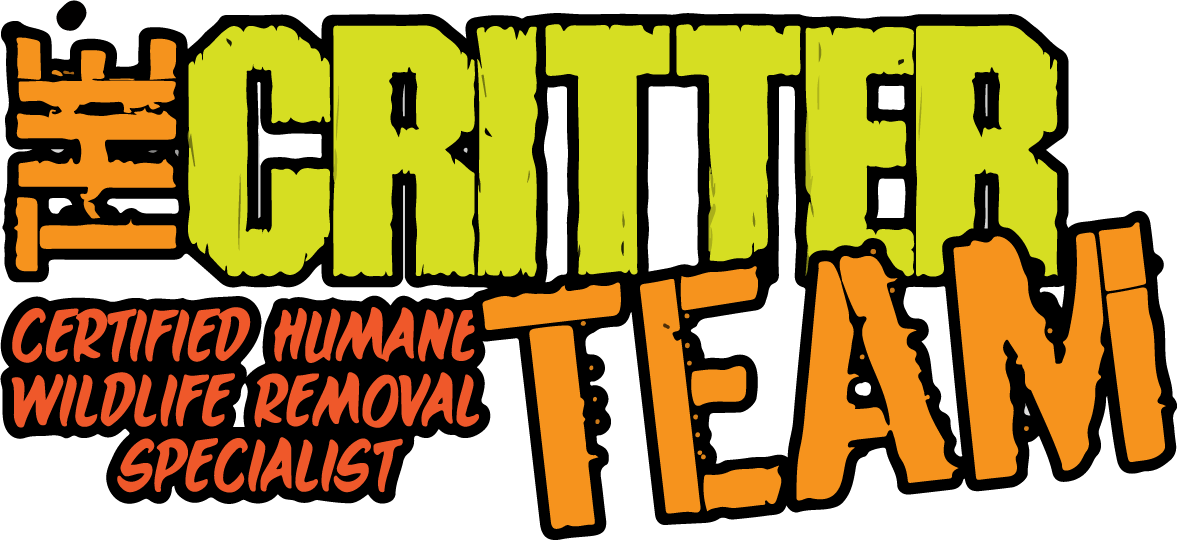Raccoon poop identification in Texas is crucial for both homeowners and wildlife experts. Recognizing raccoon droppings is essential as it can help determine the presence of these nocturnal creatures and potential health risks associated with them. Raccoon feces are typically cylindrical in shape, similar to dog droppings, but with tapered ends and a pungent odor. They are usually dark brown or black in color due to their diet, which consists of both plant matter and small animals. The size of raccoon poop can vary depending on the animal’s age and diet, ranging from half an inch to two inches in length. Moreover, one distinctive characteristic of raccoon droppings is the presence of undigested food items, such as seeds, berries, or insect exoskeletons. Identifying raccoon poop accurately can aid in preventing the spread of diseases like roundworm, which can be present in their feces and pose a threat to both humans and other animals.
Raccoon Feces Identification in Texas: A Guide for Wildlife Control Operators
Understanding Raccoon Feces
Raccoons are common wildlife inhabitants in Texas, and their presence can sometimes lead to concerns, especially when it comes to their feces. Identifying raccoon poop is an essential skill for wildlife control operators to effectively manage raccoon-related issues. By recognizing the signs of raccoon feces, you can determine the extent of the problem and take appropriate measures. Here’s a comprehensive guide to raccoon poop identification in Texas.
Size and Shape
Raccoon droppings typically resemble small cylinders with rounded ends. The size can vary depending on the raccoon’s diet and age, but generally, they measure around 2-3 inches in length and 0.5-1 inch in diameter. The shape is often consistent, resembling a tubular structure that is slightly tapered at both ends.
Color and Texture
Fresh raccoon feces often have a dark brown or black coloration due to the animal’s diet, which primarily consists of fruits, nuts, insects, and small animals. However, as the droppings age, they tend to fade and may appear as a lighter shade of brown or gray. The texture of raccoon poop is typically smooth and moist when fresh, but it can harden over time.
Contents and Odor
Raccoon feces may contain undigested food particles, such as seeds or insect exoskeletons, which can help confirm their origin. However, this may not always be evident in every dropping. Additionally, raccoon droppings often have a distinct musky odor that can be detected upon close inspection.
Location and Clustering
Raccoons are known to defecate in specific areas called latrines. These latrines are often found near their den sites, along trails, or on rooftops. When inspecting for raccoon feces, pay attention to these common locations. Furthermore, raccoons tend to deposit their droppings in clusters rather than scattering them randomly, which can be a helpful indicator when assessing the severity of an infestation.
Health Risks and Precautions
It is crucial to handle raccoon feces with caution due to potential health risks. Raccoons can carry various diseases, such as raccoon roundworm, leptospirosis, and salmonella, which can be transmitted through contact with their feces. Therefore, wildlife control operators should always wear protective gear, including gloves and masks, when dealing with raccoon droppings. Proper disposal methods should also be followed to prevent contamination.
Consulting Professionals
While identifying raccoon feces is an important skill for wildlife control operators, it is equally essential to consult with professionals for comprehensive wildlife management. Expert wildlife control operators have the knowledge and experience to assess the situation accurately and implement appropriate measures to address raccoon-related issues effectively.
Remember, if you encounter raccoon feces or suspect a raccoon infestation, it is best to rely on professional assistance to ensure a safe and efficient resolution.
Note: This article does not provide DIY methods or tips for animal removal or prevention. Always consult with licensed professionals for wildlife control services.
The Critter Team – Expert Wildlife Control and Animal Removal Services
At The Critter Team, we understand the challenges and concerns that come with unwanted wildlife on your property. Whether you are dealing with raccoons, squirrels, bats, or any other critter, our team of experienced professionals is here to provide you with efficient and effective wildlife control solutions. With our extensive knowledge and state-of-the-art techniques, we ensure the safe removal of animals from your premises while minimizing any potential damage to your property. We offer a range of services, including humane trapping, exclusionary repairs, and comprehensive cleanup to prevent future infestations. Our skilled technicians are trained to handle any wildlife situation, no matter how big or small. If you are in need of wildlife control assistance, give us a call today at (281) 667-0171. Let The Critter Team handle your animal removal needs with care and expertise.
